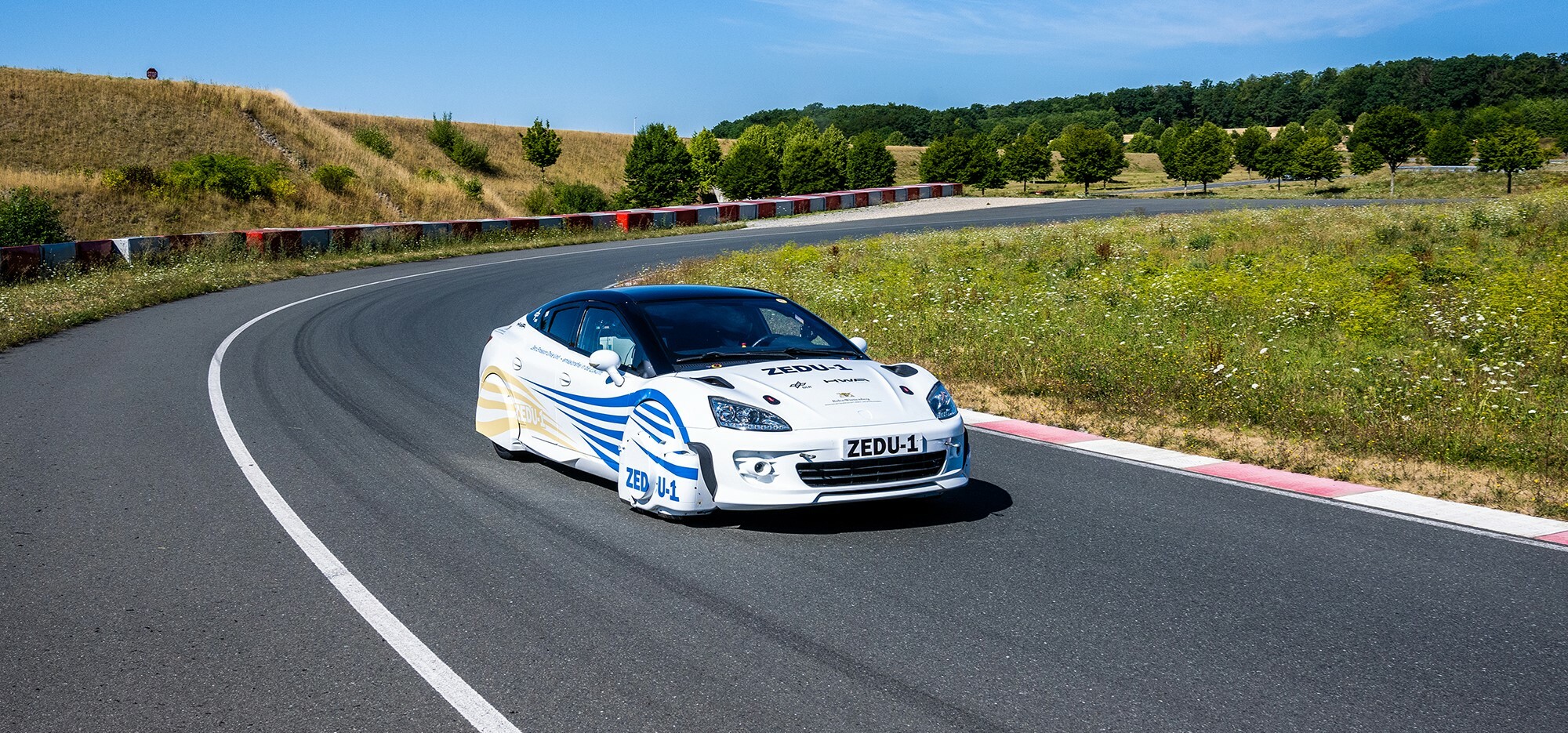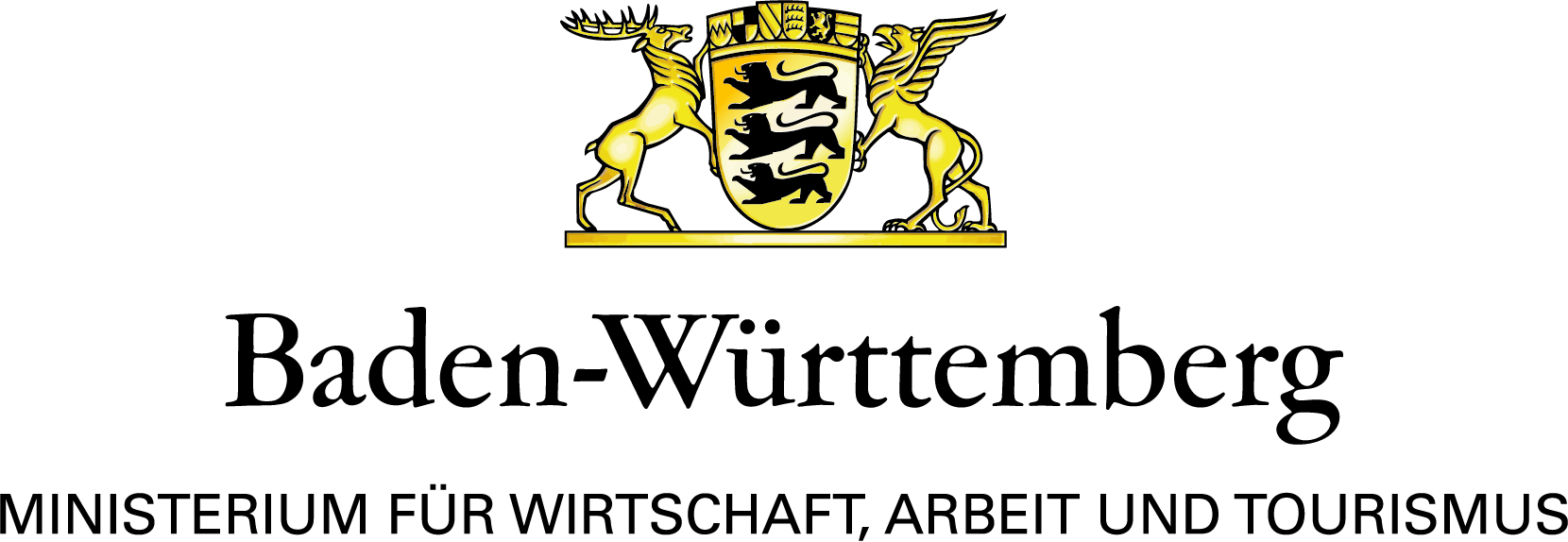
In addition to exhaust gases, particulate emissions are among the most important causes of mobility-related environmental pollution. The German Aerospace Center (DLR) in Stuttgart has set itself the goal of developing a sustainable solution for reducing microplastic and particulate pollution caused by traffic that is suitable for everyday use, thus contributing to the realisation of emission-free mobility. The project focused on the development of drive-related components that have so far received little attention in this context, but which are relevant as sources of emissions for every form of drive energy generation – in particular: the braking unit and tyre abrasion.
The implementation was carried out together with the companies HWA AG, which was subcontracted to design the first generation Zero Emission Drive Unit (ZEDU-1) as the drive axle and to construct the test vehicle, and ARS GmbH, which manufactures hard metal coatings. Innovative drive topologies and new braking concepts were evaluated and designed, developed and realised as a multi-disc brake and as an induction-based hybrid brake. Similarly, speed-dependent absorption concepts for tyre abrasion were evaluated, constructed and realised in the test vehicle. The test vehicle was built and tested and measured both on the DLR roller test stand and on the test site (see picture above).
